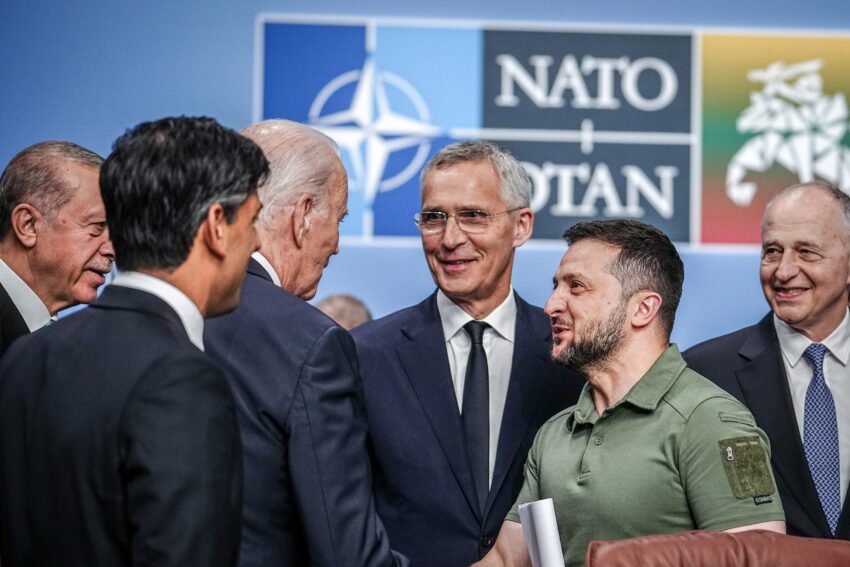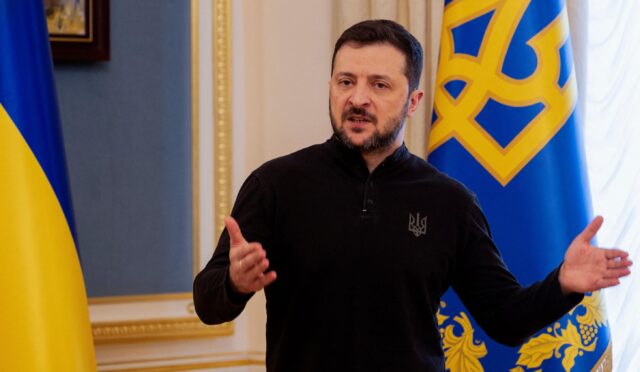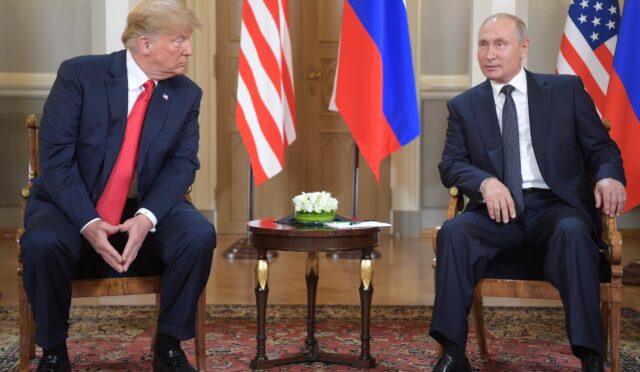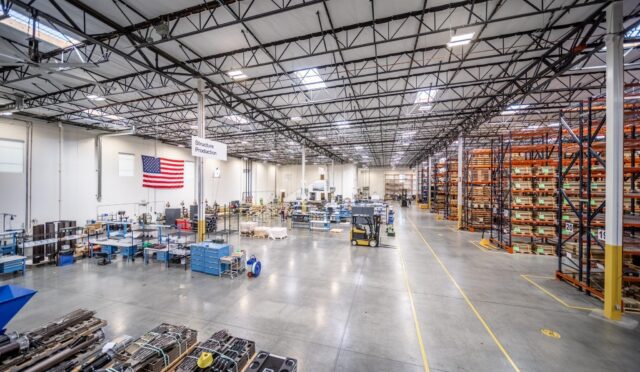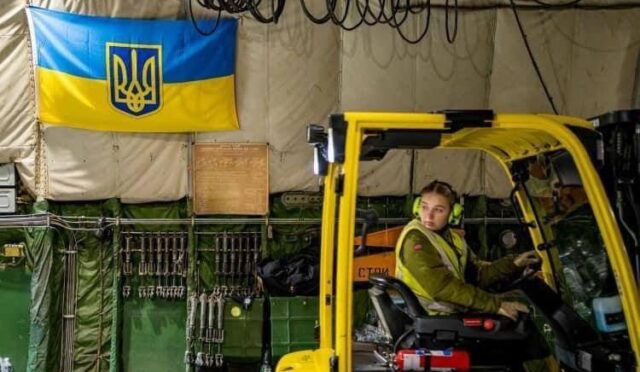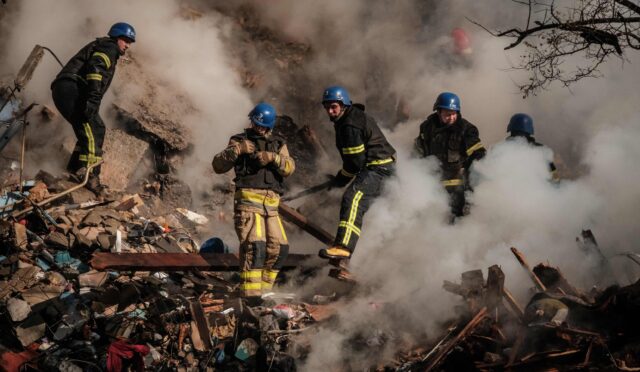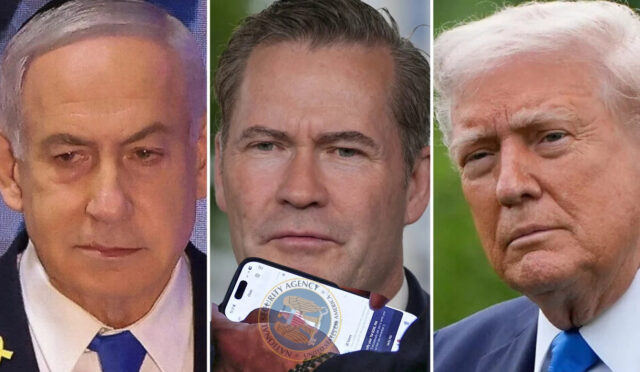Zelensky’s Visit to NATO Summit in Vilnius
Ukrainian President Volodymyr Zelensky arrived in Vilnius on Monday for an important summit alongside leaders from NATO’s eastern and Nordic member countries. These nations have emerged as some of Ukraine’s most steadfast allies during its ongoing conflict with Russia. Since the invasion began in February 2022, the military alliance has significantly bolstered its eastern defenses, prompting neighboring Finland and Sweden to update longstanding security policies to pursue NATO membership.
The summit brings together the Bucharest Nine, which includes NATO members from Eastern and Central Europe, alongside representatives from the Nordic nations, Zelensky, and NATO Secretary General Mark Rutte. Zelensky’s spokesperson revealed that the Ukrainian leader plans to engage in “bilateral meetings” during the summit in the Lithuanian capital. This gathering precedes a larger NATO summit scheduled for later in June in The Hague, where Zelensky has firmly requested an invitation.
Concerns Over Ukraine’s Participation in NATO
Before the summit, Zelensky emphasized the significance of Ukraine’s presence at NATO discussions. He warned, “If Ukraine is not present at the NATO summit, it will be a victory for Putin, but not over Ukraine; instead, it will be over NATO.” His statement underscores his intention to secure NATO’s commitment to providing security guarantees for Ukraine, especially in the context of a potential ceasefire or peace agreement with Russia, a proposition that Moscow has labeled as “unacceptable.”
NATO’s eastern members have been vocal proponents of Ukraine’s needs since the conflict escalated. They continue to express concerns about the potential for Russian aggression to intensify, especially given historical tensions. The Baltic states—Lithuania, Estonia, and Latvia—worry about their own security, given their past as Soviet republics and their current position within the European Union.
The Dynamics of Defense Spending
The meeting also arrives amid broader discussions regarding defense spending among NATO members. US President Donald Trump has previously pressured European allies to boost their military budgets, raising questions about America’s commitment to European defense. This pressure highlights the delicate balance within NATO as it seeks to address both collective security concerns and individual member states’ readiness to commit resources effectively.
As the situation evolves, the NATO summit in Vilnius represents a critical moment for Ukraine and its allies. Increased military support and concrete security guarantees could shape the future of Ukraine amidst ongoing tensions with Russia, underscoring the importance of alliance solidarity in addressing regional threats.
